Fight the Cycle
It’s hard to sift through every daily breaking story for what really matters.
April 24, 2018
As an amateur high school journalist, 2018 has been one of my biggest challenges so far. Over the past few months, the Free State community has erupted in activism spanning a range of local and national issues.
Since January, faculty have donated their personal leave days, while hundreds of students fed on pancakes, to support two teachers and their toddler, diagnosed with cancer.
An AP biology teacher drew international attention to the plight of legal immigrants caught in the crosshairs of new executive branch policies. Along with her neighbors and former Southwest Middle School colleagues she saved her friend and fellow science teacher from deportation and separation from his wife and children.
Frustrated with the lack of meaningful action from state and federal lawmakers to end gun violence in schools, hundreds of students participated in two walkouts, while a handful of others organized a march on Massachusetts Street, attended by over 1,700 people.
During the second walkout, a handful of students visited the state capitol to personally meet with democratic senator Marci Francisco to share their concerns about gun control reform.
The assistant choir director discovered their inner drag queen to compete for a $10,000 donation to the Lawrence Schools Foundation, ultimately placing third out of ten, but raising awareness for the charity nonetheless.
While I’m overjoyed to see students and faculty standing their ground, faced with issues the nation is still trying to comprehend, I feel guilty and take responsibility for the fact that the Free Press Online was not able to give them all equal coverage. Around this same time last year, my co-editor Sam Spencer and I scraped the barrel every weekend for relevant issues surrounding the school. Just a year later, our small staff’s plate is overloaded, which feels bittersweet.
Our publication’s struggle to cover every new issue parallels the nation’s futile attempt to process the keep pace with the weekly news cycle. Today, keeping “up to date” is impossible. National crises are nearly always forgotten by the majority of people before they reach a satisfying resolution. The fire hose of new information we contend with daily wipes away the memory or emotion we had for an issue a week ago, regardless of that issues magnitude. While I was working with Syed Jamal’s neighbors, the most terrifying outcome, besides his deportation, was people forgetting about Syed and his family’s dire situation. Thankfully, Syed’s team of parents and neighbors were tireless in their efforts, continuing to sacrifice their personal lives to keep the issue fresh in the media, months after his initial imprisonment. Not everyone will be as lucky as Syed and his family; Too many slip between the cracks of our short attention spans.
I firmly believe that the weekly news cycle contributes to the country’s divisive political atmosphere. Knowing only the most immediate information on complicated issues such as gun laws, wage gaps or immigration is how we form our ignorant prejudices and fortify our uneducated arguments, widening the political divide and discouraging civil discourse. By occasionally taking a break from the torrent of new information, we can digest the complicated issues we’ve taken in the day before. The larger, more pressing issues will receive more attention, and fewer crises will be forgotten.
I used to listen to NPR every morning on my way to school. But because of this age of information overload, I’ve recently been opting for listening to music or a podcast instead. If you’re like me, and you try to keep “up to date,” I highly recommend you do the same. We all need a break to be able to process and comprehend the information we just learned, like how the weekend is a break from school. A more informed population on a few select issues is better than a crowd that only knows the surface level of every issue.



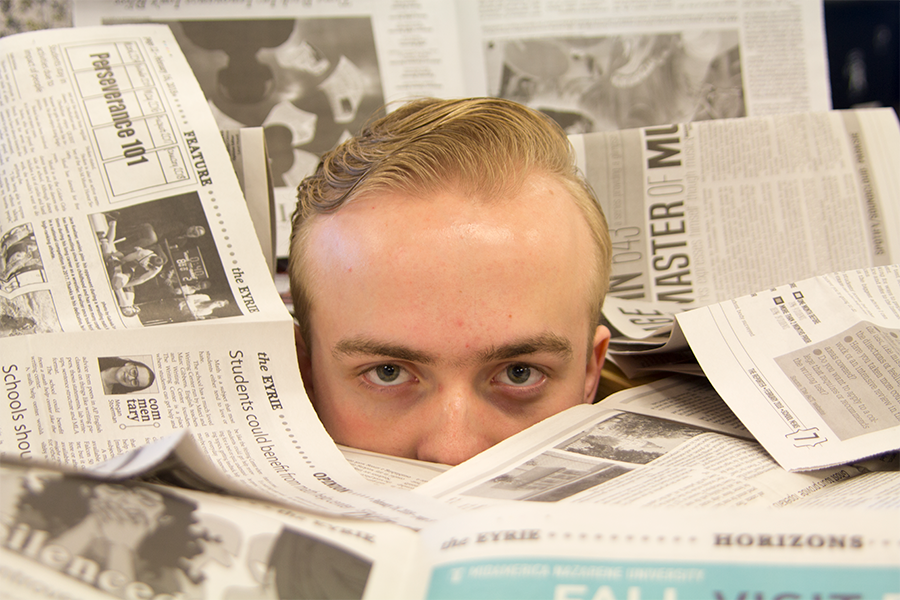
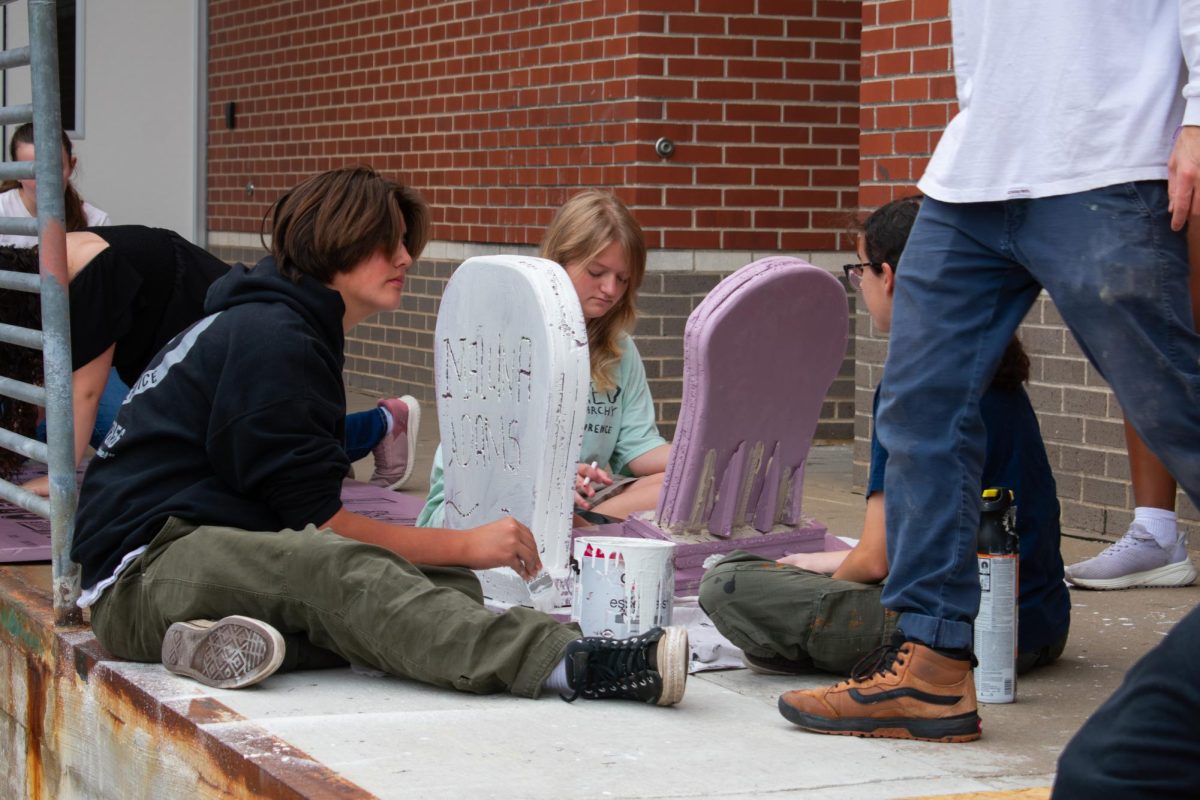
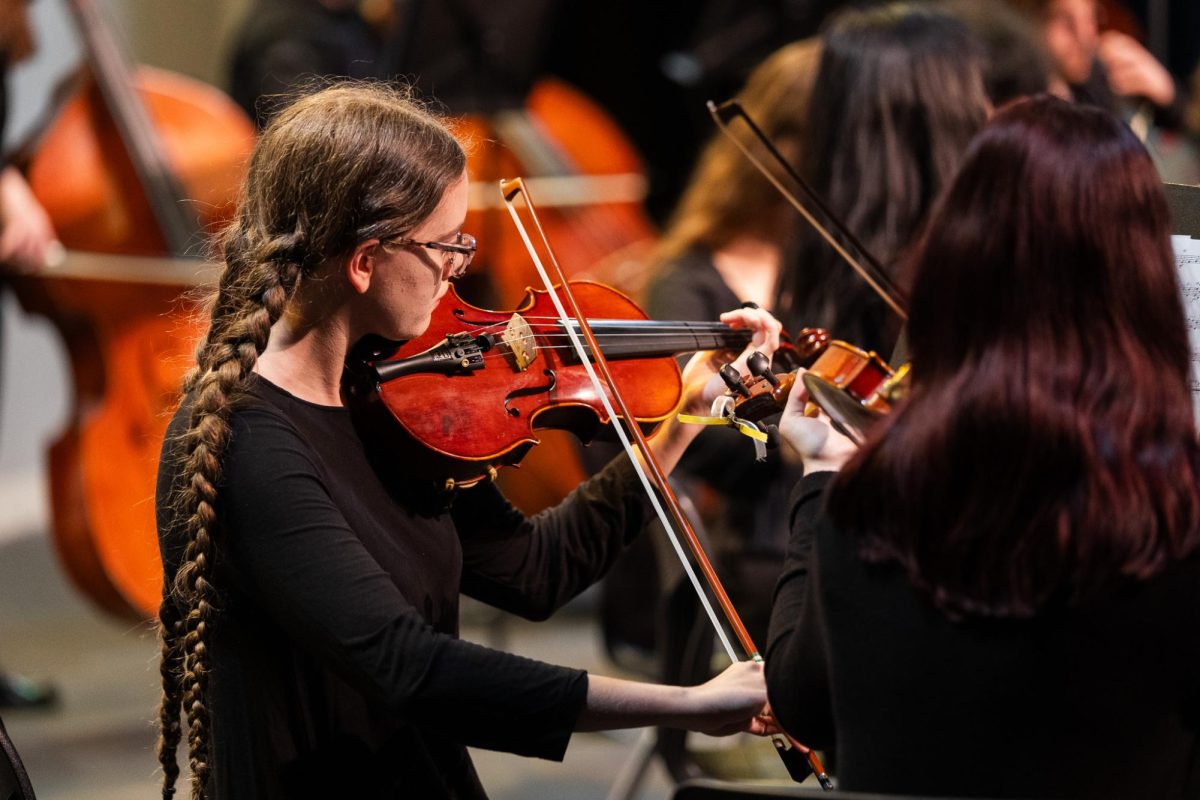
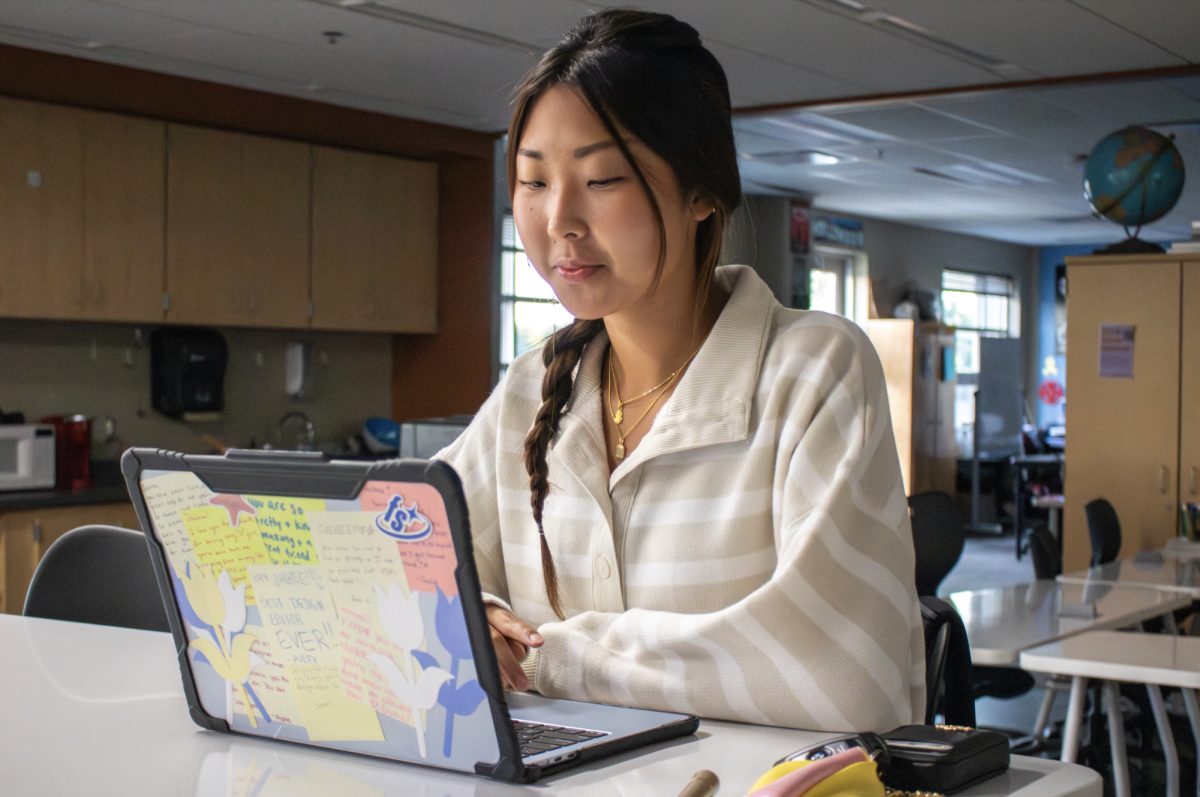
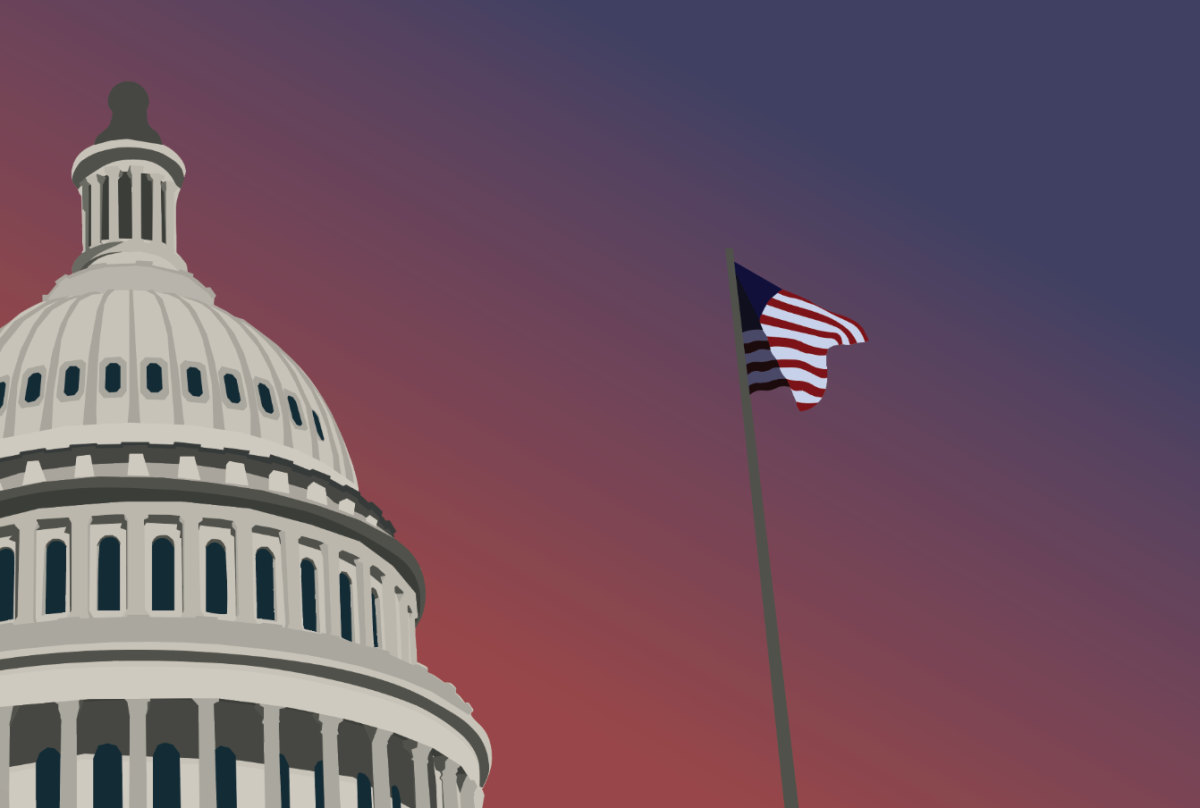

John Jiler • Dec 19, 2018 at 4:29 pm
THE NOTORIOUS NINETEEN
Dear Editor;
December is deepening, and seniors are thinking harder and harder about the next step. For many of us, your generation is the hope of the future. The Parkland high school shootings galvanized young people across the nation to passionately advocate for common sense gun laws. Now, as your attention turns to college, we want to turn our admiration into action.
With the help of the Brady Center, the new Gabby Giffords consortium, Everytown for Gun Safety and the Columbia Scholastic Press Association, we’ve reached out to high school journalists across the country with our list of the NOTORIOUS NINETEEN—the states with dangerous, inadequate gun laws. Many of them condone the open carry of weapons on college campuses; others simply turn a blind eye to the potential for gun violence in their state. Our mission has been to make these places known to high school seniors. We’re encouraging them NOT to apply to college in…
ALABAMA, ALASKA, ARIZONA, ARKANSAS, FLORIDA, GEORGIA, IDAHO, KANSAS, KENTUCKY, MISSISSIPPI, MISSOURI, MONTANA, NEW HAMPSHIRE, NORTH DAKOTA, OKLAHOMA, TEXAS, UTAH, WEST VIRGINIA, or WYOMING.
Sadly, your state is on this list. You’re no doubt very proud of the place you live, and you should be. But the gun violence epidemic in this country has taken too many lives, and things must change. You can be part of that change, by encouraging your elected officials and your families and your friends to think about some serious questions. Should teenagers be able to order AR-15s through the mail? Should people with a history of mental illness be allowed easy access to guns? If you feel the answer to these questions is “no,” we all have a lot of work to do!
Thank you for considering the publication of this letter in your newspaper. Good luck with your own decision about college, and have a safe and prosperous senior year!
Best,
John Jiler,
Coordinator,
Committee for Scholastic Action On Guns
https://sites.google.com/site/committeescholasticactionguns/home?previewAsViewer=1